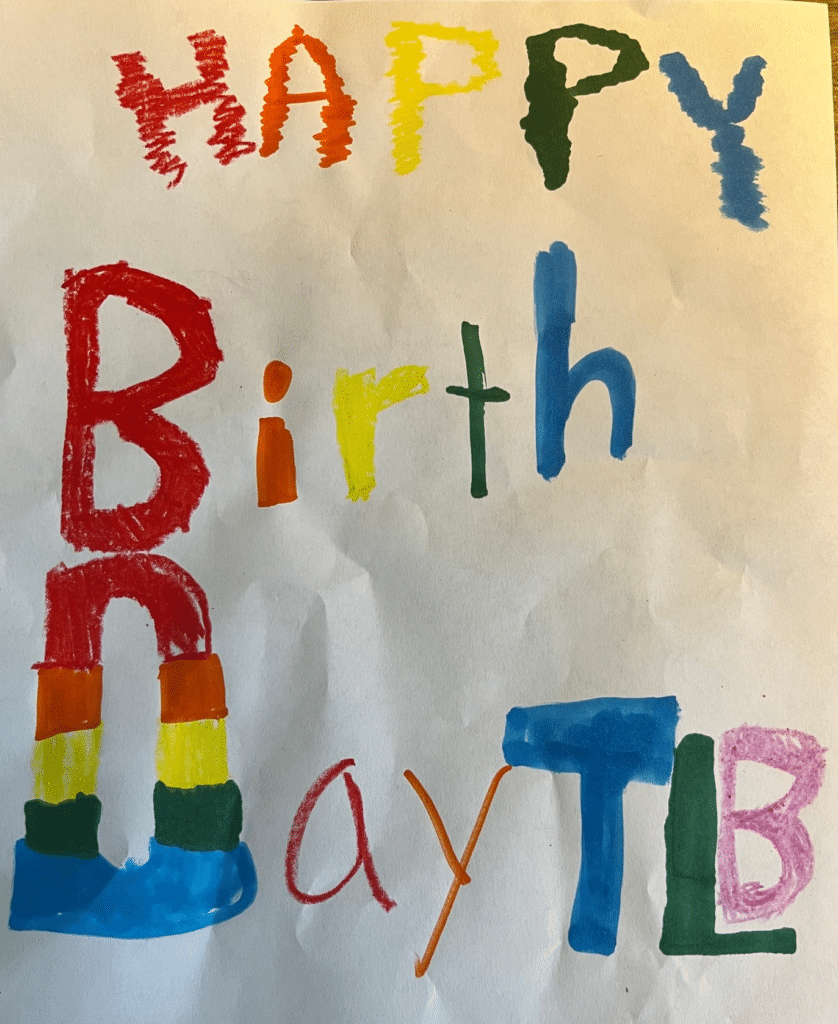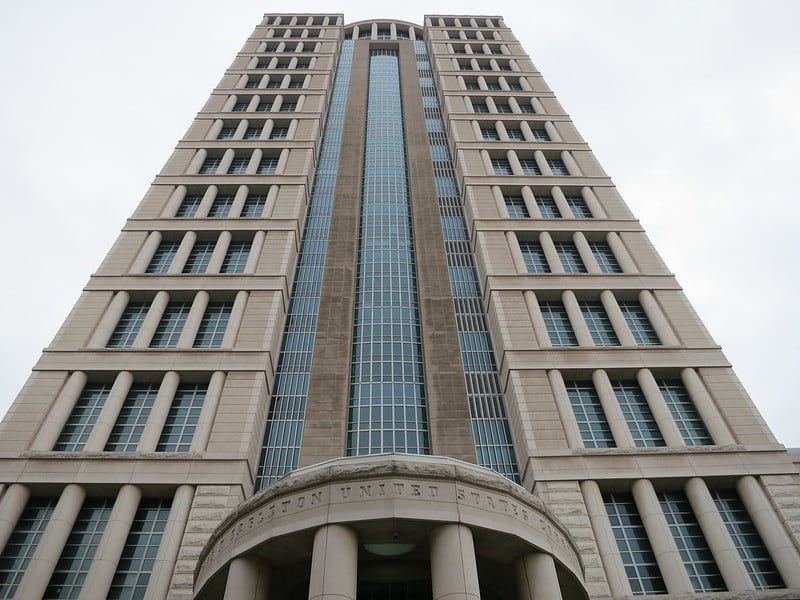Federal Circuit Reconsiders Extraterritorial Patent Damages
The Federal Circuit’s recent decision in Brumfield v. IBG LLC suggests that U.S. patent holders may be able to obtain damages for foreign activities that flow from domestic acts of infringement proscribed by 35 U.S.C. § 271(a). This is a new development: as the Federal Circuit explained, the Supreme Court’s extraterritoriality analysis in WesternGeco LLC…
Continue ReadingSaying Yes to the World, But No to Personal Jurisdiction
The Northern District of California (Judge Susan Illston) recently dismissed for lack of personal jurisdiction a suit brought by California residents against the German airline Lufthansa for harms emanating from the plaintiffs’ experience boarding a flight in Saudi Arabia en route to San Francisco. As the court noted in Doe v. Deutsche Lufthansa Aktiengesellschaft, the…
Continue ReadingHow Do Federal Courts Determine Foreign Law?
Sarah Alsaden has recently published her research on how federal district judges are determining the content of foreign law. Under Federal Rule of Civil Procedure 44.1, a federal court’s determination of foreign law is a question of law (not of fact), and “[i]n determining foreign law, the court may consider any relevant material or source,…
Continue ReadingTLB Turns Two!
Two years ago today, we launched the Transnational Litigation Blog in hopes of building a community of practitioners, academics, and students similarly interested in these fascinating and important issues. We are grateful to all of our readers, and we are especially grateful to the 91 authors (in addition to the five of us) who have…
Continue ReadingHow To Find Personal Jurisdiction Over Foreign Website Operators
The Supreme Court’s recent personal jurisdiction decisions have raised more questions than they have answered. Meanwhile, the high Court has studiously avoided explaining how twentieth-century personal jurisdiction doctrine should map onto a twenty-first century world defined by Internet commerce, global supply chains, and cloud computing. The work of maintaining and updating a practical framework for…
Continue ReadingThird Circuit Clarifies Comity Abstention Test
The Third Circuit recently clarified the appropriate test for deferring to foreign bankruptcy proceedings. The court’s opinion in Vertiv, Inc. v. Wayne Burt PTE, Ltd. is clear, correct, and helpful in disambiguating the different contexts in which other federal courts have referred to “international comity abstention” and adjudicatory comity. The Facts In January 2020, Vertiv,…
Continue ReadingZooming Out of Forum Non Conveniens
A recently published note in the Columbia Law Review, written by Christabel Narh, draws a connection between the federal courts’ technological learning curve during the pandemic and the future of forum non conveniens. Zooming Our Way Out of the Forum Non Conveniens Doctrine argues that the federal courts’ trial-by-fire with videoconferencing and remote litigation during…
Continue ReadingA Primer on Transnational Parallel Proceedings
It is not uncommon for parties involved in cross-border disputes to file competing or overlapping lawsuits in different forums. When should a U.S. court stay its hand in favor of a lawsuit filed in another country? Conversely, when should a U.S. court take proactive measures to defend its jurisdiction from interference by proceedings in a…
Continue ReadingCall for Papers: International Law in Domestic Courts Workshop
The next International Law in Domestic Courts (ILDC) Workshop will be held at the University of Chicago on Friday, May 17. Professor Curt Bradley has graciously agreed to host the workshop this year. The ILDC is an interest group of the American Society of International Law. Its purpose is to promote dialogue among scholars and…
Continue ReadingOral Argument Recap: Reid v. Doe Run Resources Corp.
On Tuesday, the Eighth Circuit heard oral argument in Reid v. Doe Run Resources Corp., an ad hoc interlocutory appeal limited to the question of whether the district court should have abstained in that case based on foreign policy concerns. The facts of the case are described in a prior post. This post summarizes Tuesday’s…
Continue Reading




